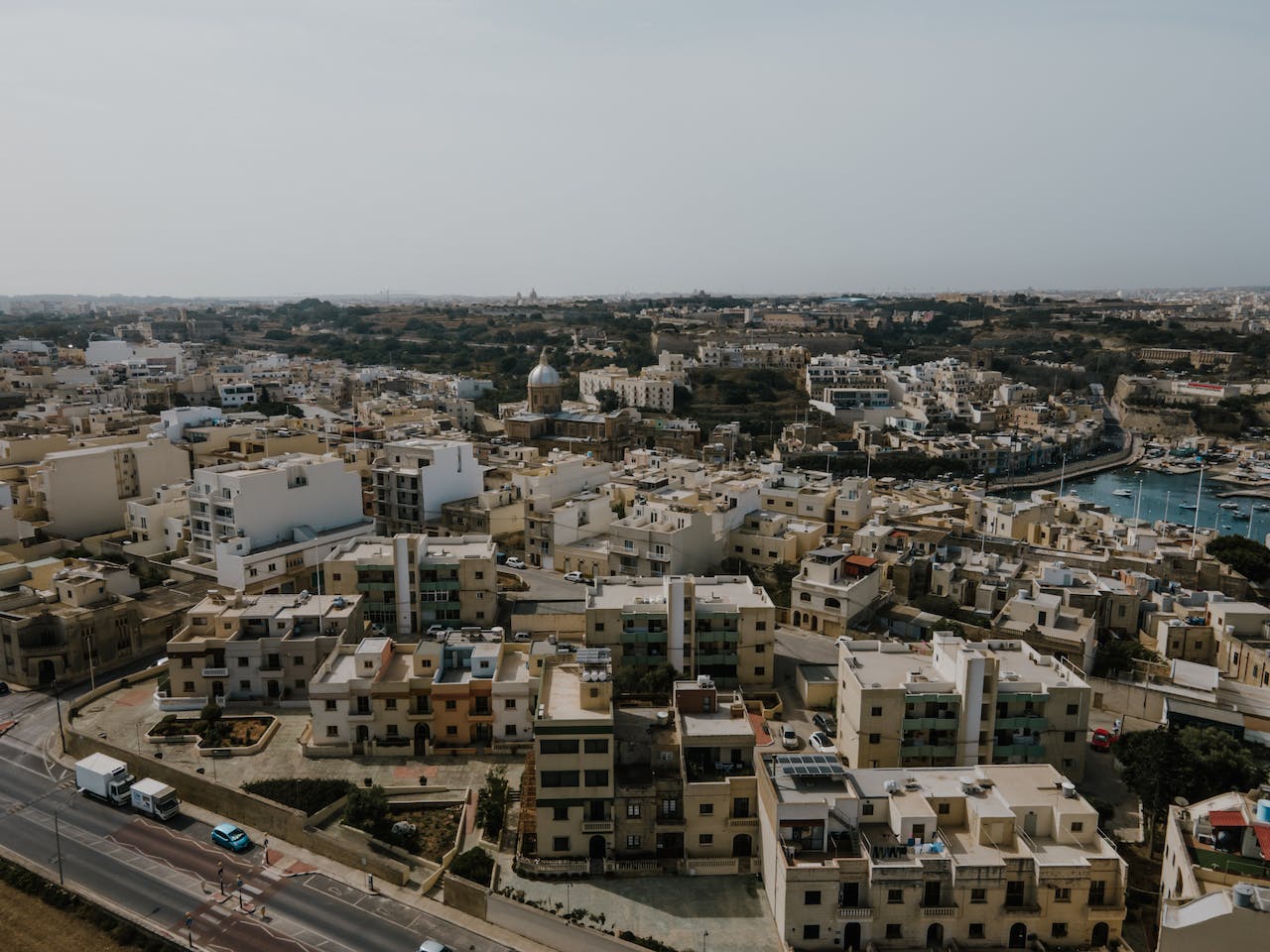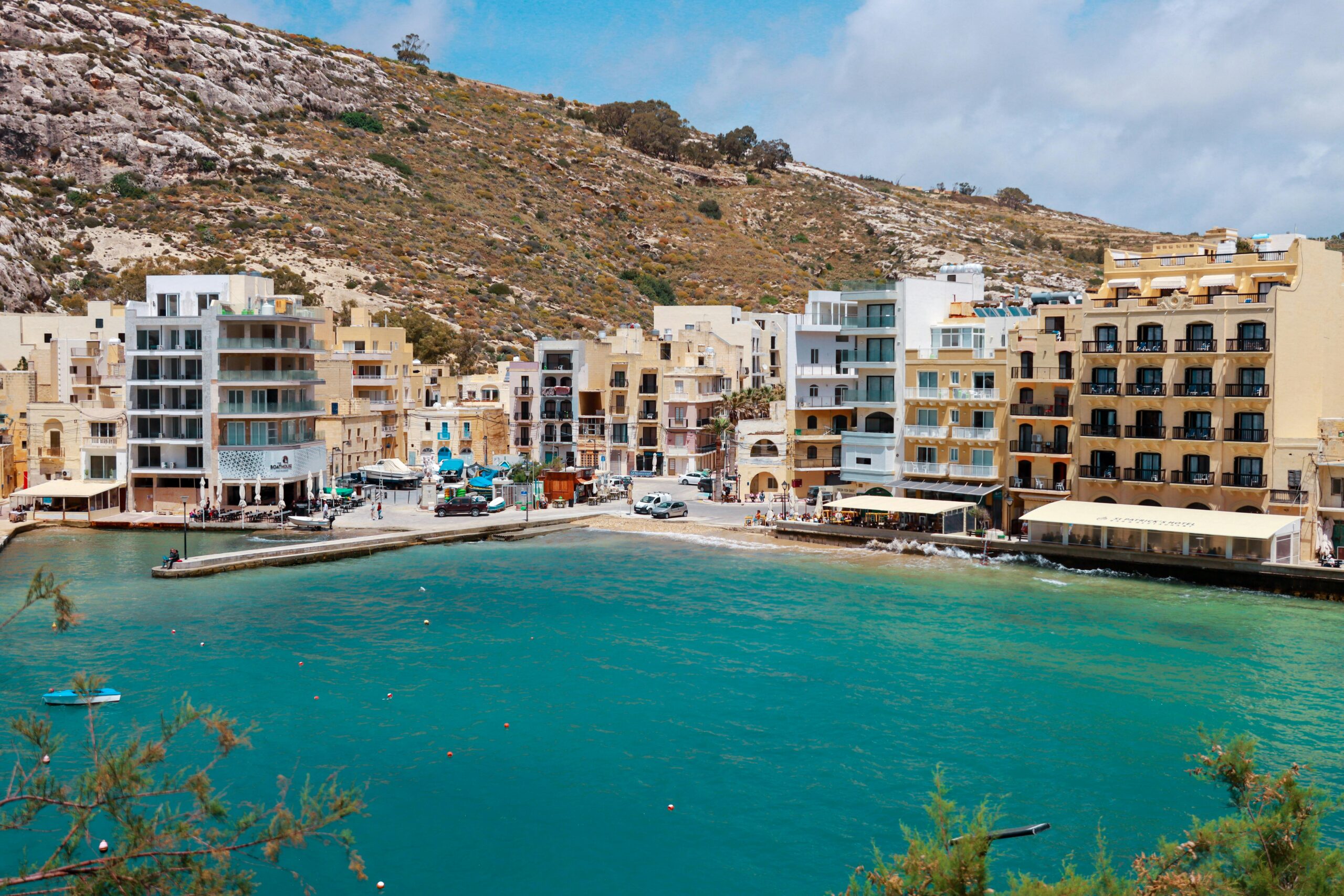The second edition of the SME Barometer® which encapsulates the first quarter of 2023 has indicated that businesses are taking a wait-and-see approach with investment, as they cast doubt on the current economic strategy of the Government.
The Malta Chamber of Small and Medium Enterprises conducted the study in collaboration with Misco. It was held between 21st April and 3rd May 2023 through an online survey. In total, there were 415 unique responses resulting in a margin of error of just five per cent.
The majority of respondents’ line of business was from the retail, import, distribution, and wholesale sector (53 per cent), with the second largest sector involved in manufacturing, construction, machinery, and production (17 per cent), followed by professional services (15 per cent).
Meanwhile, 56 per cent of businesses were from micro enterprises (one to nine employees), 29 per cent from small enterprises (10-49 employees), 13.5 per cent from medium enterprises (50-249 employees), and 1.5 per cent were large enterprises (249 employees+).
When businesses were asked what their biggest concerns were, the top two issues were the employee shortage and the increase in inflation.
Other notable issues were a skills mismatch, unfair competition, excessive competition, and traffic congestion.
Abigail Agius Mamo, CEO of the Chamber of SMEs commented on the employee shortage, saying that, “with regards to the processing of third country nationals, this problem has eased. It has become easier to bring workers from abroad, but we still have an employee shortage.”
“Businesses are starting to look more at the quality of the workers they’re employing.”
She echoed back to the Chamber of SMEs’ 2023 budget proposal, where they called for more sustainability with regard to how workers are attracted and how countries are targeted.
She explained that at this point businesses need to rely on foreign workers: “it’s not a choice, it is a requirement.”
Misco’s director, Lawrence Zammit mentioned Malta’s need for another economic transformation: “60 years ago, we were sticking buttons to shirts, now we’re producing medicine.”
“You need investment in technology, so fewer workers are needed in Malta. This is what we need to address the issue of employee shortages.”
When businesses were asked what were the top two issues that the country is facing that the Government should do something about, more than 20 per cent clearly indicated inflation and the lack of good governance.
Meanwhile, more than 10 per cent indicated they believed the Government should address the ease of doing business, the environment and consumer buying power.
As to whether Malta needs to redefine its strategy and direction going forward, a clear majority of 65 per cent said yes.
This ties in with the answers to the question of how businesses would describe their investment appetite for the coming 12 months. Only a small fraction of businesses indicated that they would likely invest in the year ahead.
This anxiety was also reflected in the responses to the question as to whether businesses expect to grow at the same rate in 2023 as they did in 2022.
Only eight per cent expect to grow faster, while 64 per cent expect to grow at a slower rate.
Mr Zammit explained that “the business owner needs more certainty for investment. After the first barometer, businesses were enthusiastic, but now they want to see certain changes.”
The Central Bank of Malta projected the economy to grow by 3.7 per cent in 2023, down from 6.8 per cent in 2022.
“The feel-good factor from the previous year has started to calm down, we’re moving to a more normalised state,” commented Mr Zammit.
“If you look at 2018, 2019, they were higher than what is expected in 2023, we need to do a stock take on what can be done”
He did however add that, “3.7 per cent is still a good growth rate,” but noted that Malta was used to a much higher annual growth rate prior to the pandemic.
The survey’s key findings were that businesses are prioritising quality over quantity, and that inflation has remained a top concern for businesses since it is impacting day-to-day operations and also business-to-consumer dynamics.
Furthermore, the international situation is still volatile due to the Russian invasion of Ukraine, and that the Government of Malta has an important role to play in shifting the country’s economic trajectory.
db Foundation raises €8,419 for Karl Vella Foundation with MasterChef Malta Charity Dinner
These events form part of the db Foundation's ongoing commitment to supporting vulnerable members of society through impactful initiatives
Residential property prices rise by 5.7% in first quarter of 2025
The new figures show continued growth in Malta’s property sector
Youth4Entrepreneurship Gozo 2025: Youth invited to propose innovative digital solutions
The initiative aims to empower youth to become active contributors to Gozo’s development by addressing local challenges






